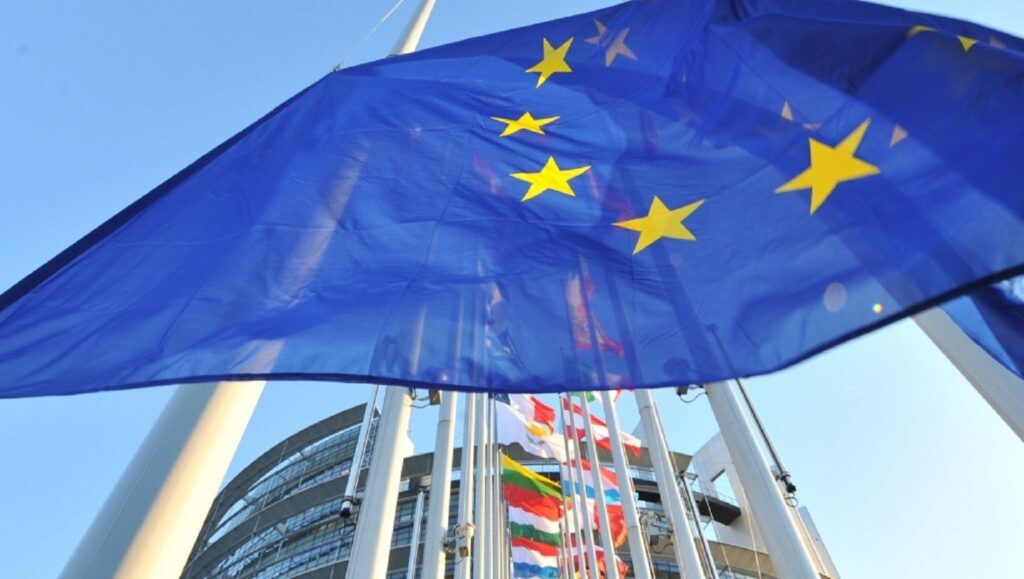Large-scale study on green deal. What are the consequences of these policies
- Nicolae Comănescu
- 14 mai 2022, 09:00
 Sursa foto: Arhiva EVZ
Sursa foto: Arhiva EVZ A study, entitled "The International Compass of Systems Change - Global Implications of Achieving the European Green Deal", is due to be published on 13 May 2022.
This landmark study, endorsed by EC Vice-President Frans Timmermans, who leads the European Commission's Green Deal, is the first to outline the actions needed by the European Union to help achieve sustainable economic systems and a just transition on a global scale. Written by OSEPI, the Club of Rome and SYSTEMIQ, the report demonstrates that the successful implementation of the European Green Deal depends on preventing the re-emergence of colonial "extractivism".
The International Compass of Systems Change provides a guide on how the EU could reduce its resource dependency and thus global tensions of scarcity. It recognises that some of the EU bloc's current policies prevent a just transition in the economies of its trading partners. Recommendations include:
Strengthening and rebuilding trust and cooperation between Europe and lower-income regions by keeping the EU's promises on climate finance, the distribution of COVID-19 vaccines and its commitment to open the G20 to African members.
Creating and contributing to an "international just transition fund" to support lower income exporting countries in their transition to economic activities that generate value in a sustainable way. Introducing mandatory modelling of long-term impacts on regional and global resource use in EU policy decisions. Working with international partners to apply a maximum per capita consumption footprint to stimulate consumption and demand reduction. Agreeing international risk assessment standards based on scientific criteria. This should include standards on nature value and transparency of supply chains.








